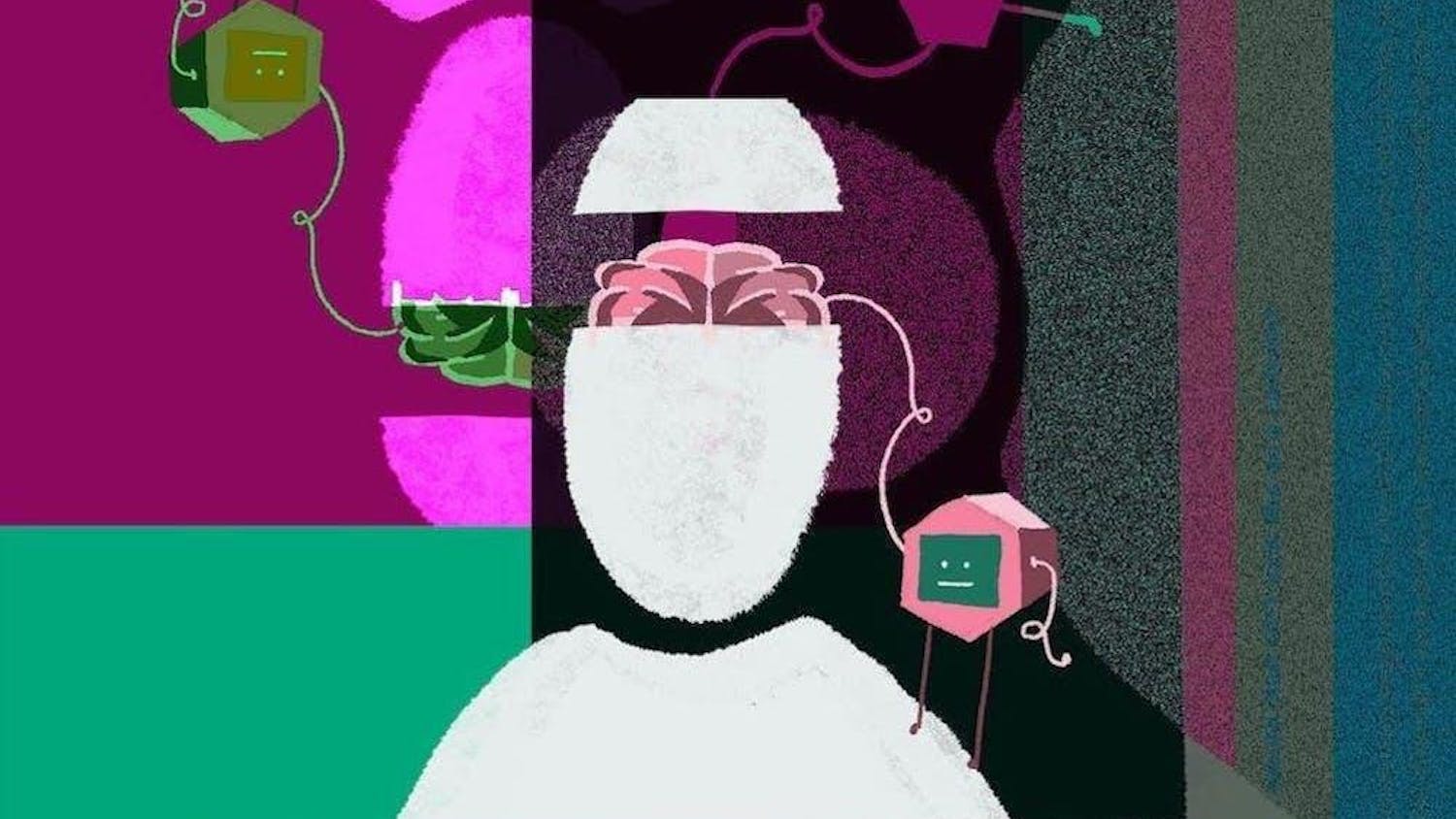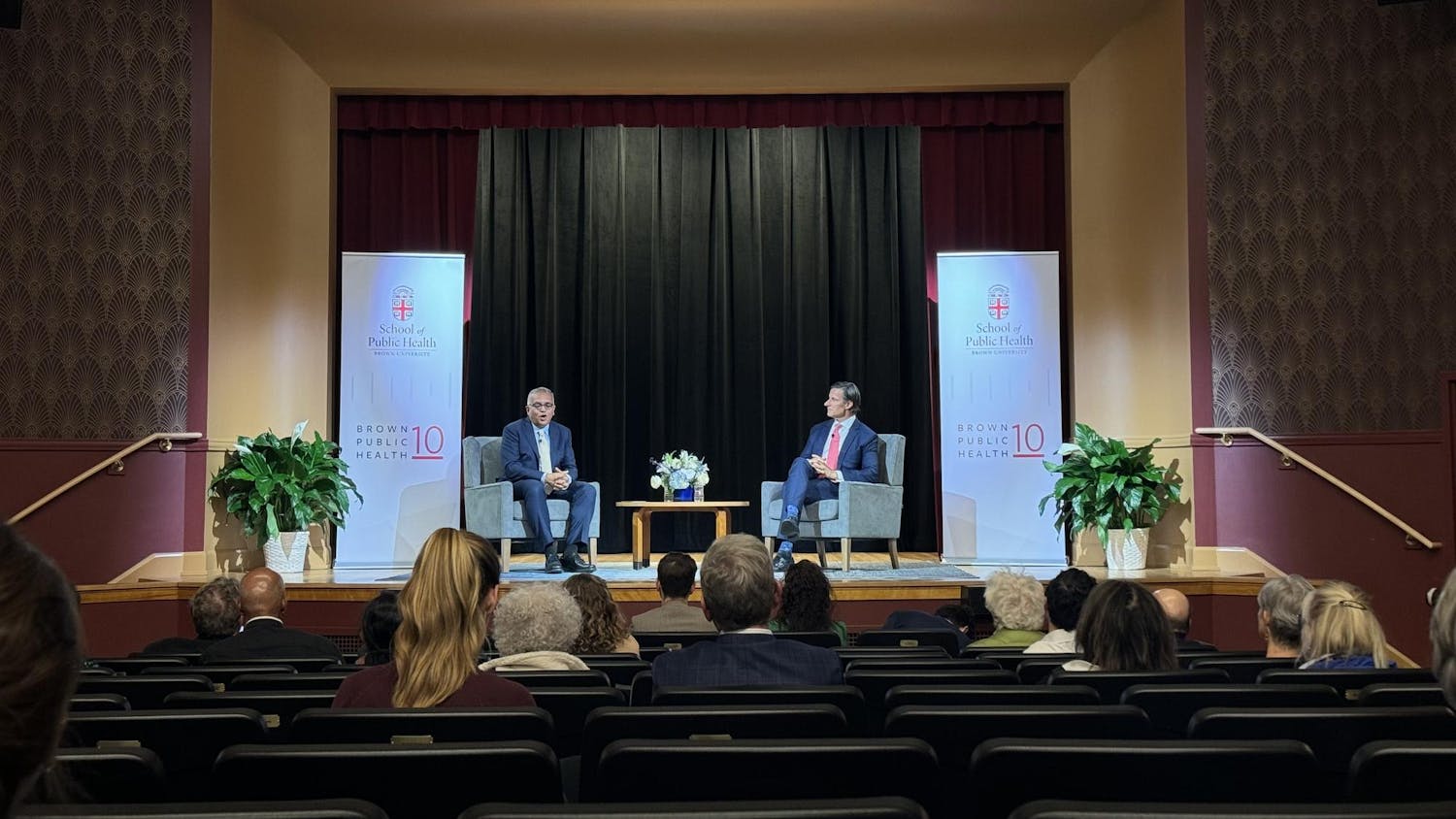Biology, psychology and political science are rarely spoken of together. But according to a new study co-authored by Rose McDermott, professor of political science, the genetics of fear can exert a powerful influence on people’s political opinions, particularly those regarding out-groups.
Published online last month in the American Journal of Political Science, the paper explores the correlation between hereditary and environmental causes of fear and increased conservatism in voters.
The authors’ main hypothesis was based on the much-researched idea that a greater sense of social fear leads to a greater tendency to agree with policies against out-groups — or groups that do not necessarily belong — such as immigrants and foreigners. Building on this foundation, the authors investigated how different people’s genetic backgrounds could provide them with different predispositions to fear.
“Some people are more sensitive to certain triggers,” said Pete Hatemi, a professor at Pennsylvania State University and co-author of the study. Certain scare tactics used by politicians or other government groups would logically be more effective on people more inclined toward social fear, Hatemi said.
To examine this point, the researchers administered clinical tests on and gave self-assessments to a wide variety of subjects, determining the subjects’ baseline tendencies to fear, potential environmental factors that might exacerbate or ameliorate that fear, their political stances and their opinions on key social issues.
The results paralleled the experimenters’ initial hypotheses. Genetically-based social fear in the subjects was significantly associated with pro-segregation opinions and negative attitudes toward immigration. The study found that even the smallest degrees of social fear were correlated with a considerably less positive outlook toward out-groups.
But the researchers also found that education had a strong mediating effect on these attitudes. People with higher levels of education tended to have more positive opinions regarding out-groups, regardless of whether their parents exhibited social fear and conservative political stances.
The researchers studied identical twins, fraternal twins, siblings and parents, analyzing the ways in which people’s upbringings interacted with their genetics to produce certain political and ideological tendencies. This is the customary methodology used in studies involving behavioral genetics, McDermott said.
Methods such as twin studies are standard and usually used to investigate the genetics behind diseases like breast cancer or schizophrenia, she said. “We just applied it to a different domain.”
By looking at the differences between genetically identical twins and siblings who share half their DNA, the researchers were able to separate out the differences caused by genetic makeup from those caused by unique experiences, taking into account shared experiences such as growing up in the same family or going to the same school, McDermott said.
But these factors are not a dichotomy, Hatemi said. “It’s not nature versus nurture,” he said, adding that these two factors interact heavily.
Though the interplay between genetics and the environment can be hard to study, the relationship can be informative if investigated well, wrote Arthur Lupia, a professor of political science at the University of Michigan who was not involved in the study, in an email to The Herald.
“Many leading geneticists think that it is impossible to say that a particular gene was the one and only cause of a given higher level behavior,” Lupia wrote. “If scientists observe that a given combination (of genes and environment) correlates with a given behavior, it need not mean that the combination caused the behavior.”
McDermott said this study was only part of a “much larger research agenda that looks at genetic and biological contributions to political outcomes.” In the future, she and Hatemi both plan on further studying the field of bio-politics.
Hatemi said he aims to understand the differences between people “and maybe bring about some tolerance,” Hatemi said. The two researchers both mentioned the possibility that with further investigation, studies might provide insights on why people think differently and enable bipartisan cooperation in politics.
“I would consider that a victory,” McDermott said.
ADVERTISEMENT




